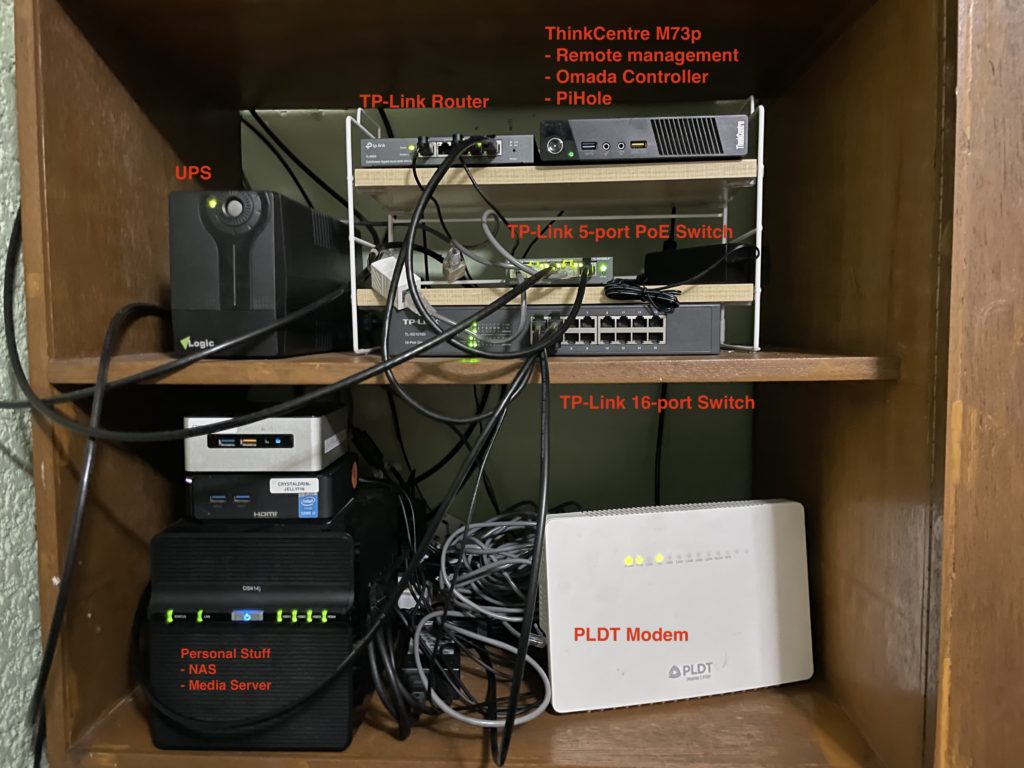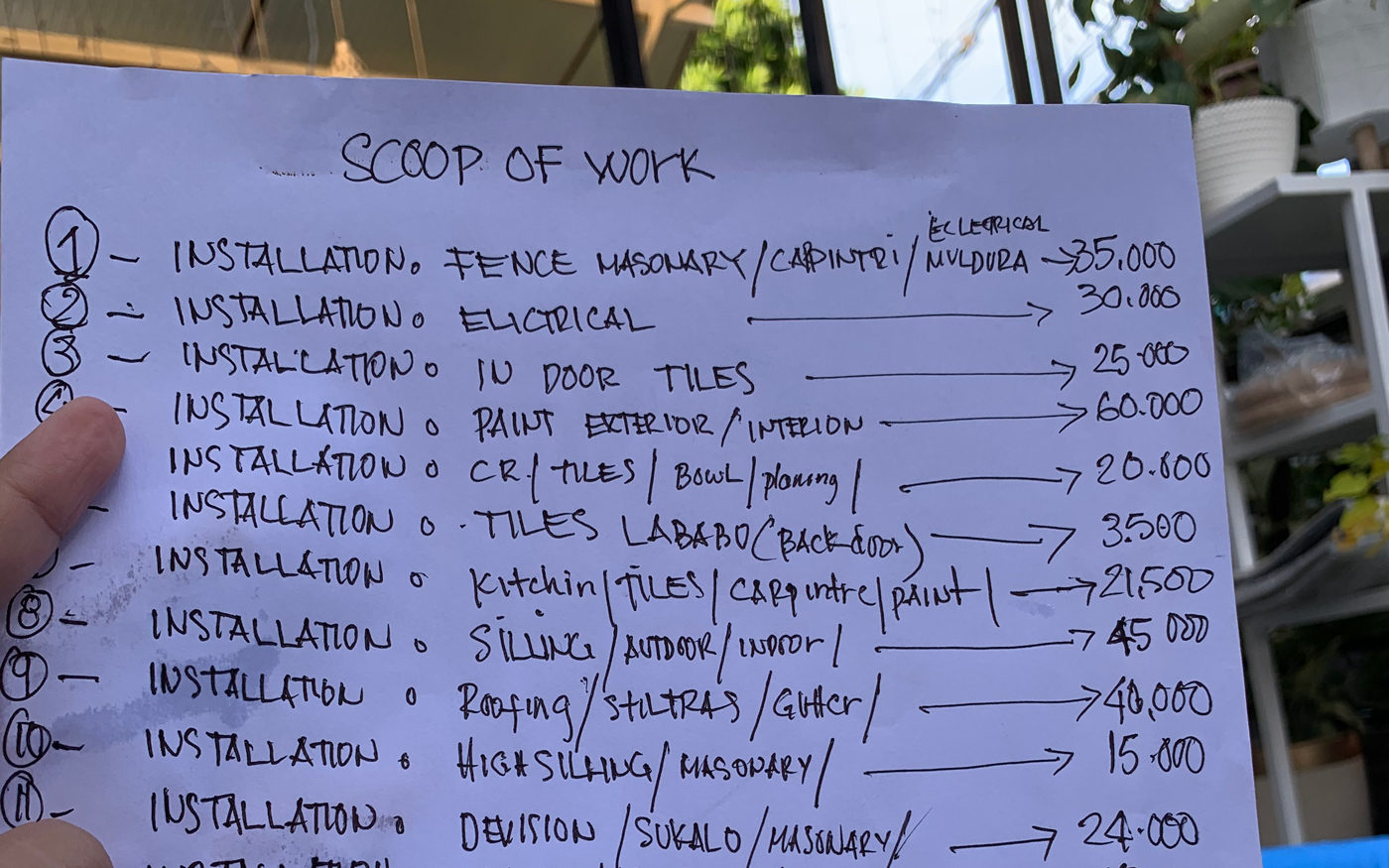
Growing up, I heard that investing in a real estate property and renting it out is a good investment. I didn’t understand why. Especially where the required capital is intimidatingly high, I couldn’t even imagine how to earn that much.
We’ve been incredibly blessed though. We got in a position where we can afford it. I also had a goal to purchase each of my kids a property while I still can. The idea is whatever happens to me, at the very least they’ll have a place of their own. But since they are still very young, we thought of trying to rent it out for the mean time.
We were able to purchase and rent-out our first property last year. That’s when it hit me why it was a good investment.
Investment options
When our savings started to grow, I started looking on where to put it. I knew that keeping it in a savings account will make its value slowly eaten by inflation (which is 2.64% last year). So I had this urgency to make it productive. These are the investment options I considered:
| BDO Savings (for comparison) | 0.125% (2021) |
| Retail Treasury Bonds | 2.375% (2021) |
| CIMB UpSave | 2.5% (2021) |
| Pag-ibig MP2 | 5.62% (2020) |
Pag-ibig MP2 is most often recommended because it has a high interest rate and relatively safe. It’s interest rate last year was 5.62% and it has a maturity of 5 years.
For our rental property, we were able to rent it out at 1% of the total cost. That’s an annual gross of 12%. Setting aside 2% for tax and maintenance. It earns 10% yearly. Higher than other safe investment options I considered. At the same time, the property itself appreciates in value overtime (I have no idea how to compute real estate appreciation though).
To be concrete, let’s say the property costs 1,000,000. And we’re able to rent it out for 10,000/month, that’s 120,000/year. Then set aside 20,000 for tax and maintenance, that will result to 100,000 net income yearly.
This made sense to me.




